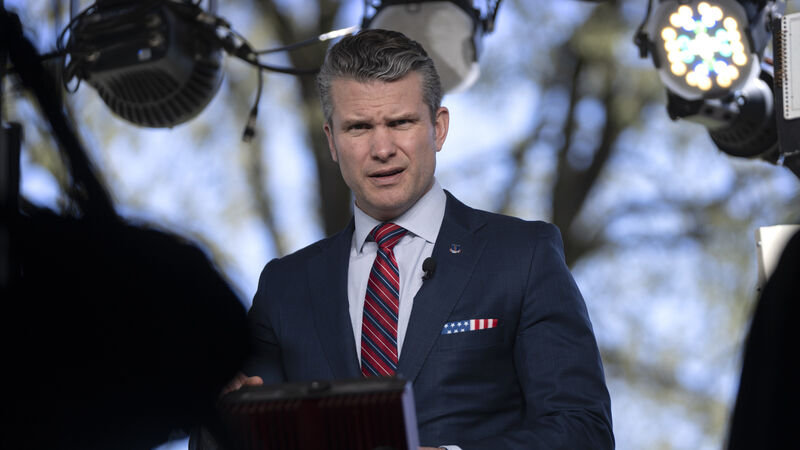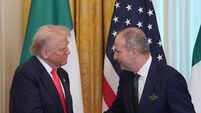Trump cabinet officials texted war plans to group chat that included journalist

Top national security officials for US President Donald Trump, including his defence secretary, texted war plans for upcoming military strikes in Yemen to a group chat in a secure messaging app that included the editor-in-chief for , the magazine reported.
The National Security Council said the text chain “appears to be authentic”.












